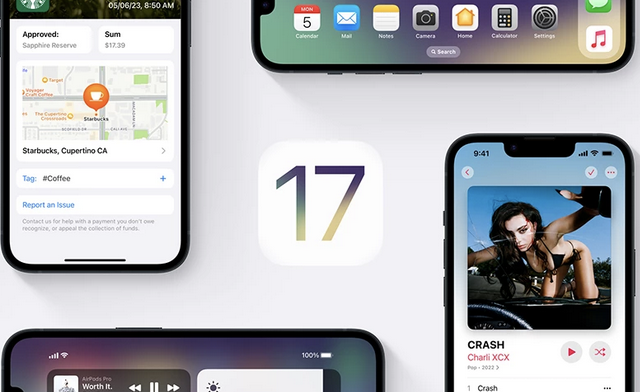
Jailbreaking is a cat-and-mouse game between Apple and the jailbreaking community. With each new iOS release, Apple introduces new security features and patches vulnerabilities that were previously exploited by jailbreak tools. This makes it more challenging for jailbreak developers to create tools for newer iOS versions.
The availability of a jailbreak for a specific iOS version depends on various factors, including the security measures implemented by Apple and the efforts of the jailbreaking community to discover vulnerabilities and develop exploits.
Jailbreaking refers to the process of removing software restrictions imposed by Apple on iOS devices, such as iPhones, iPads, and iPod Touches. By jailbreaking an iPhone, users can gain access to the root file system, allowing them to install customizations, tweaks, and third-party apps that are not available through the official App Store.
Here are a few points to consider about jailbreaking:
Customization: Jailbreaking can allow users to customize their iPhones in ways that are not typically possible on stock iOS. This includes installing themes, changing app icons, modifying system settings, and more.
Third-party apps: Jailbreaking enables the installation of apps from third-party sources outside the App Store. These apps may provide additional functionality and features that are not approved or available through Apple's official channels.
Security risks: Jailbreaking bypasses Apple's security measures, potentially exposing your device to security vulnerabilities and malware. Since jailbroken devices can install apps from unofficial sources, there is a higher risk of downloading malicious or untrustworthy software.
Stability and performance: Jailbreaking can sometimes lead to instability and performance issues. Modifications made to the iOS system can conflict with each other or cause compatibility problems with official apps, resulting in crashes, battery drain, or slower performance.
Warranty and support: Jailbreaking your iPhone typically voids its warranty, as it violates Apple's terms of service. If you encounter any issues with a jailbroken device, Apple may refuse to provide support or repair services.
Legal implications: In some countries, jailbreaking may be considered legal for personal use, while in others, it might be illegal or may void warranties. It's essential to research and understand the legal implications in your specific jurisdiction before deciding to jailbreak.
Ultimately, the decision to jailbreak an iPhone depends on your personal preferences and priorities. It offers increased customization and access to third-party apps but also comes with potential security risks and drawbacks. It's important to weigh the pros and cons and make an informed decision based on your needs and understanding of the potential consequences.
